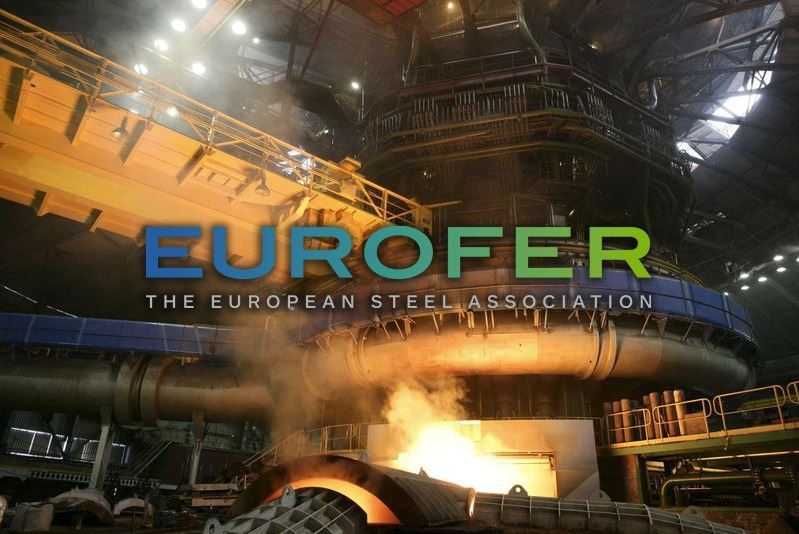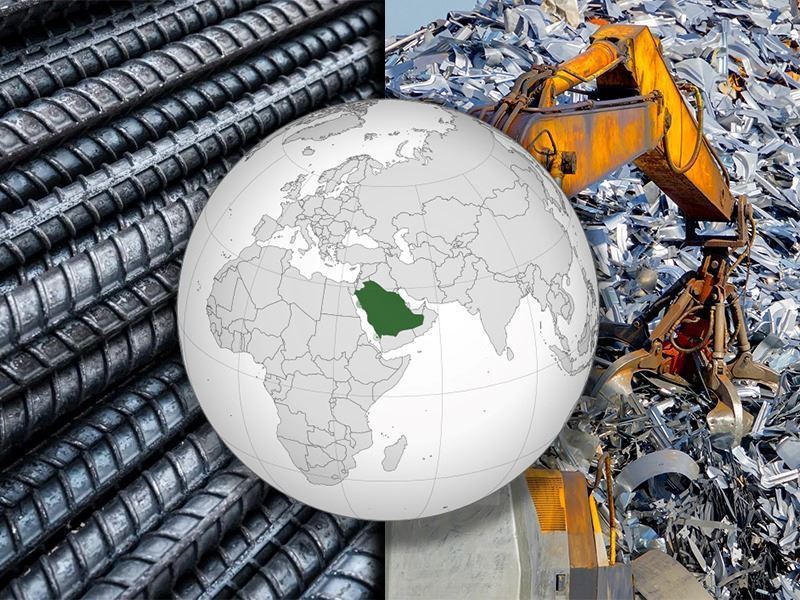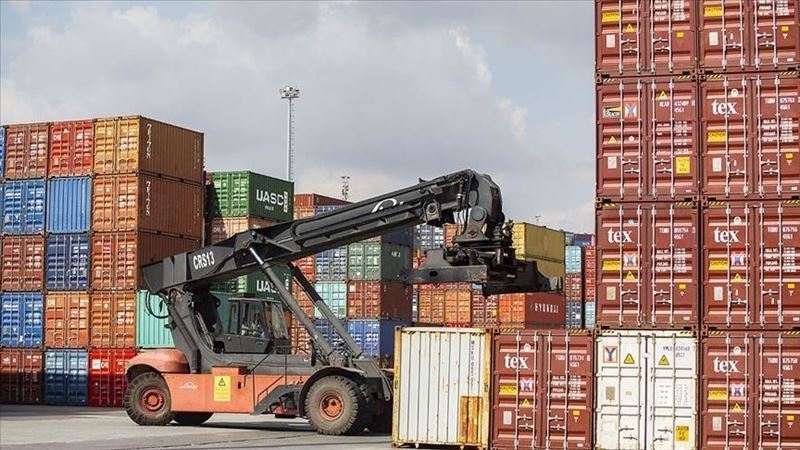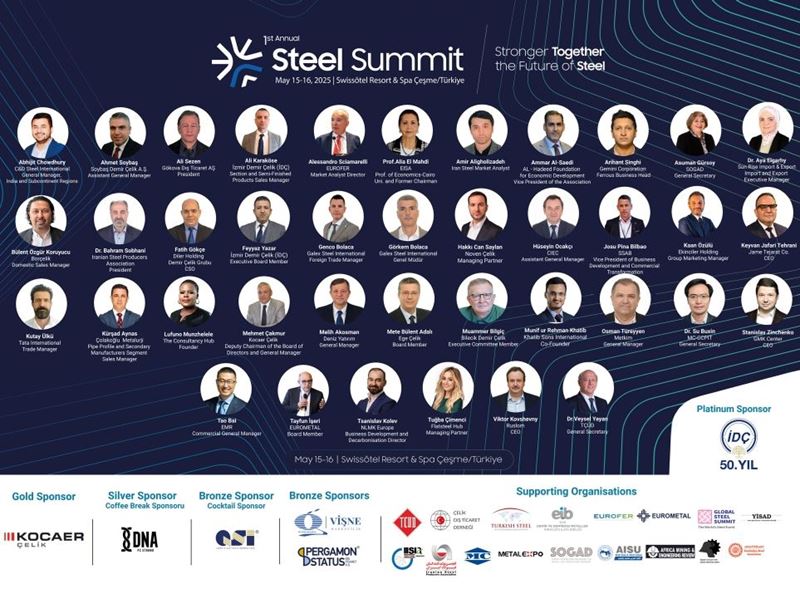Members of the European Parliament discussed the negative impact of global overcapacity, unfair trade, low demand and high energy prices on the European steel industry and its workers.
Representatives of the European Steel Association (EUROFER) emphasized that these talks have raised expectations for a comprehensive EU Steel Action Plan, which needs to be urgently put in place to save the steel sector.
MEPs called for concrete steps and a long-term strategy from the European Commission, recognizing the strategic importance of the steel industry and the need to protect workers.
“This topical debate, called by MEPs, is crucial to raise wider awareness of the existential challenges we are facing and to propose effective, comprehensive solutions to be quickly implemented within an EU Steel Action Plan,” said Axel Eggert, Director General of the European Steel Association (EUROFER). “There is no time to lose: global overcapacity is destroying sustainable steel production in the EU as well as the quality jobs that support all our production value chains. European steelmakers' investments in clean steel production are at risk, as well as the EU's resilience in clean technology value chains, from wind to automotive. It's not just steel or steelworks at stake, but the backbone of the EU economy and people's livelihoods.”
European steel sector hit by global steel market slump
Recent statistics have revealed the devastating impact of the significant contraction in the global steel market on the European steel industry:
- Global steel surplus capacity reached 551 million tons in 2023. This is equivalent to 4 times the EU's annual steel production and continues to rise. The OECD estimates that 157 million tons of additional carbon-intensive capacity will come online by 2026.
- Steel production in the EU has decreased by more than 30% since 2008 to 126 million tons in 2023. This decrease reflects a prolonged contraction in the sector.
- Restructuring and capacity reduction efforts have led to the loss of around 100,000 jobs in the EU steel industry over the last 15 years.
- Capacity utilization in the EU has recently decreased to a risky 60%. This rate reveals that the sector is facing serious challenges.
Industry experts say that these data show that the EU steel industry needs to take urgent measures. EUROFER warns that this could have serious consequences for Europe's industrial competitiveness and strategic autonomy.
Ahead of last week's European Council meeting, CEOs representing the European steel industry sent a letter to EU leaders calling for urgent action.
In the letter, the industry leaders specifically called for immediate action on four main issues:
1. Strengthening EU Trade Defense Instruments: Structural solutions were called for to stop unfair trade practices and address the problem of overcapacity.
2. Improving the Border Carbon Adjustment Mechanism (CBAM): Regulations to protect downstream sectors while safeguarding steel exports were requested.
3. Decreasing energy costs and ensuring raw material security: Called for a reduction in energy and raw material costs.
4. Increasing demand for green steel: The demand for green steel in Europe should be revitalized.
Axel Eggert, EUROFER Director General, stated, "We trust that the European Parliament will ensure that a robust European Steel Action Plan addressing all these concerns is proposed and implemented soon, in good cooperation with all social partners."











Comments
No comment yet.